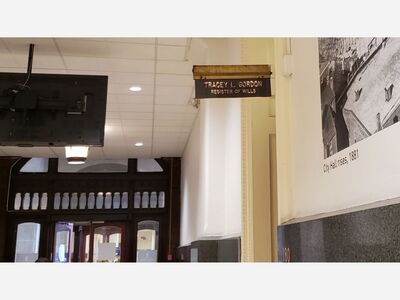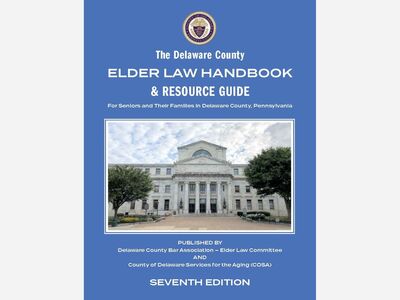For Seniors, Freedom From Scam Caller's Rings
No doubt you have been bothered by robocalls and phone scams. Some readers may have received calls from people representing themselves as IRS agents. Others from fake debt collectors, or Microsoft. Others receive charity solicitations. The United States Federal Trade Commission tells us that almost 2,000 Americans per second were reported to receive these calls in November of 2020.
But did you know that seniors are the hardest hit by these scams? According to the FCC, people over 60 years of age are five times more likely to lose money to these scams than younger people. The median loss to seniors was $550. – 25% higher than losses incurred by younger people.
A robot caller or scammer reaches you by using a program that “spoofs” the telephone number of someone else. The caller ID information is altered so that it appears the phone call is coming from another number and/or from another caller. In some cases, the phone number that shows up in your caller I.D. is really the phone number for the IRS or the local bank, except that it has been spoofed. To see what it looks like inside of one of these call centers that send these calls, click here to see a documentary. It may be the most fascinating YouTube video you watch this year.
There is a standard called the STIR/SHAKEN (Secure Telephone Identify Revisited and Signature-based Handling of Asserted information using Tokens) that allows telephone companies to identify and interrupt spoofed calls, but implementing it involves extra work and expense. So, bipartisan federal legislation was signed in 2020 which required phone companies to implement the screening process by July 1, 2021. The new law also increased the fines on spam robot callers from $1,500 up to as much as $10,000. per illegal call. The time to collect fines also increased from one to four years after the illegal call is made. This author, an attorney, has brought cases for seniors harmed under the old law, but its usefulness is limited because most robocalls come from outside the USA. It is nearly impossible to serve papers to bring them under the jurisdiction of U.S. courts, and even if one does succeed, it is nearly impossible to collect on any judgment from the court. Hence the new law requiring telephone company providers to develop a system informing customers when they are receiving a “spoofed call.” The system will not work on older phones connected to copper landlines, but very few individuals still use those phone systems. Even so, the FCC required phone companies to provide an alternative for those customers. Finally, the law requires that extra steps be taken to protect hospitals because robocalls to those institutions can divert staffers' attention when they appear to come from inside the hospital.
Time will tell whether robot callers manage to find gaps in the new system. If you have an extra ten minutes, watch this YouTube commentary from a fellow attorney who discusses this law.
Feel free to comment on your robocall or scam experience below.
The purpose of this newsletter is to provide a comprehensive guide to senior care in Pennsylvania. Sign up at the site below so you do not miss any future posts that may not appear in guest publications.
Tags: legal, housing, community resources








